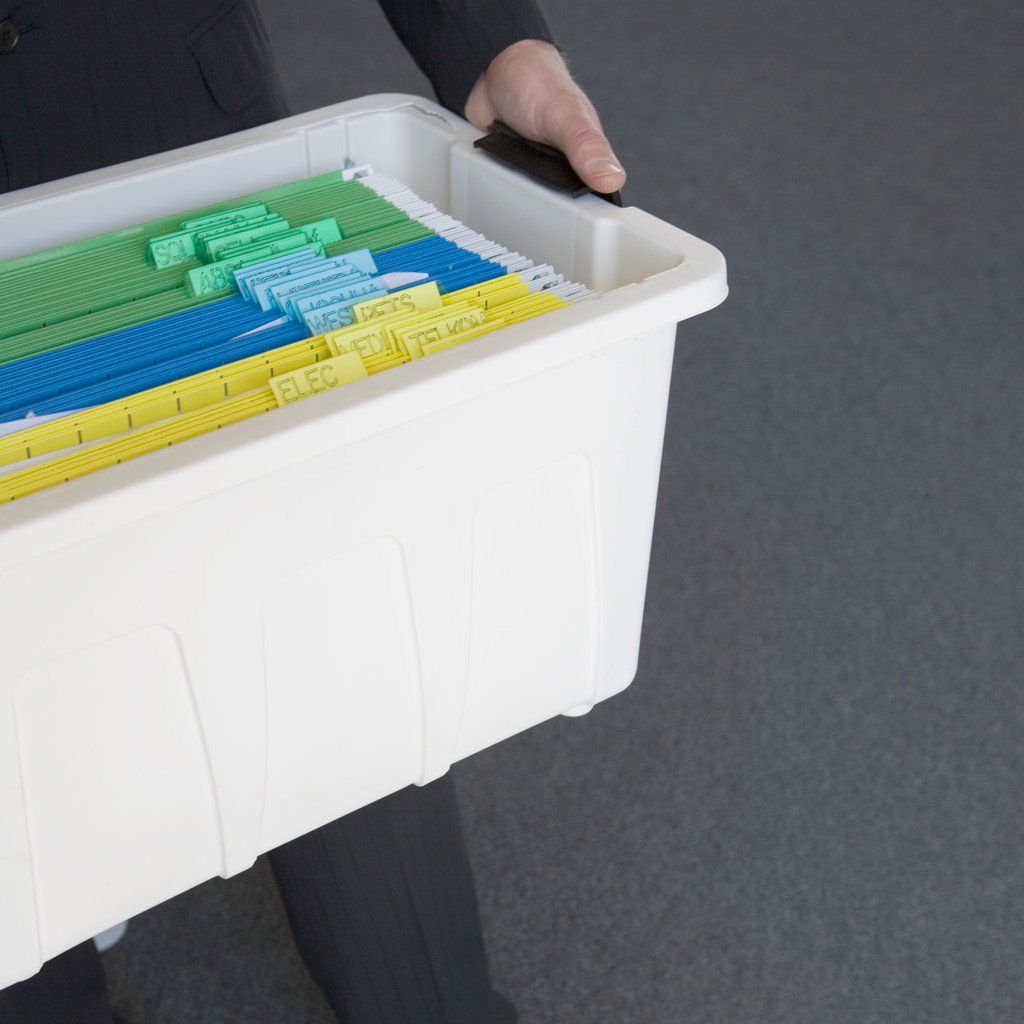Investigative skills put to the test with family tree
Mike Crutchley • 17 September 2020
Trawl through records reveals surprising results

Most people reach the stage in their life when they want to find out about their past and start drawing up their family tree. During lockdown, I put my journalistic skills to the test to create ours. I was surprised what I found. Actually, I was more surprised by what I couldn’t find.
Record keeping
When something happens, how many people give a thought about how it will be remembered in future, or the historic importance of things, especially records and photographs?
Growing up, it was mum, dad, my brother and I. There is an uncle on my dad’s side and grandparents who are sadly no longer alive. We were a small family, dotted around the globe.
So when I signed up to create our tree, I was amazed to find more than a dozen relevant documents and links within the first few minutes.
Family ties
My wife comes from a larger family and before long, we were into great-grandparent territory with more than 50 immediate family members identified. As new records and suggestions are added, we are now back to great-great grandparents and into uncharted territory, which is exciting and fascinating.
The service I signed up to draws information from the official births, marriages and deaths register, as well as military records and newspaper archives.
Aside from official documents, one of the records I uncovered was a handwritten passenger manifest which recorded my mum and her parents travelling to Singapore. My grandad was an architect in the Royal Navy and the family were heading overseas to his new posting. It was here that my mum met my dad, who was stationed there as part of his National Service.
To find this detail was amazing – so obscure, yet so personal. But the next logical step, which I thought would be straightforward, has thrown up nothing but dead ends.
Second World War
I wanted to find details of my grandparents’ service during the war – one in the navy and the other in the Royal Air Force – but came up with absolutely nothing. Basic military records are classified for 100 years, so I will be in my 70s or 80s by the time details about my grandfathers are released. Even then, I can only hope to find the bare essentials, such as name, rank and regiment.
Similarly, I had no joy with newspaper archives. Surely there would be details of their achievements in the war? As well as building minesweepers, my grandad in the navy was involved in the salvage of a naval warship which had been rammed by an Italian freighter, striking it below the waterline and killing several British sailors as they slept in their bunks.
That was one of the few things my grandad told me about the war. He oversaw the operation to separate the ships and keep both afloat and I was convinced I would have been reported in newspapers, but I could find nothing.
This might be because the country was at war and details were scares or secret, or because it was overshadowed by more significant incidents. It is also possible that it was reported, but is not available electronically. Whatever the reason, I was surprised and disappointed not to find anything, not even a mention of achievements on the cricket pitch, or winning a prize at a church fate.
Making history
Sources such as the census throw up welcome bits of information, such as someone’s occupation, or tragedy, such as learning that my great-grandfather on my mother’s side was killed in the First World War in France just months before his widow gave birth to a child he would never meet.
But even today, as we are making history for the future, I wonder how significant it will be and who will keep records. As with the World Wars, the world will never be the same again following the coronavirus. But how will it resonate with our grandchildren? Will coronavirus be a thing of the past, or will it shape our future forever?
I have learned a lot putting together our family tree. Most of it is in line with my general knowledge about the family, but there have been some interesting developments.
But the limited availability of information has thrown up more questions than answers. Maybe it will be different in 100 years if my grandchildren put together their own family tree – they might learn more about me and my generation from Facebook and social media than official records.
